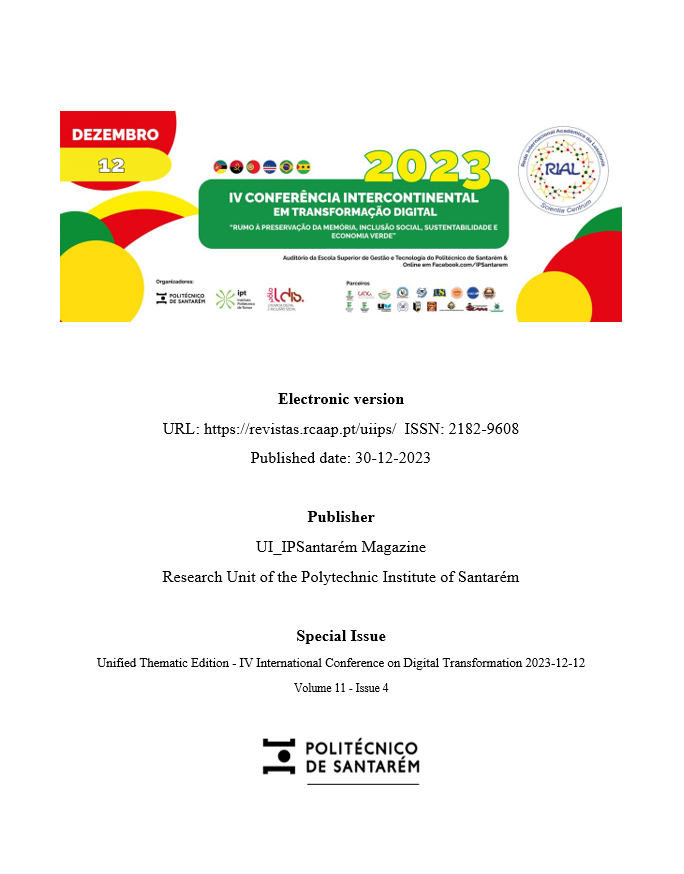Evaluation of the floating solid waste flow of the Itiberê River via application and its contribution to the amount of marine litter in the Bay of Paranaguá
DOI:
https://doi.org/10.25746/ruiips.v11.i4.35991Keywords:
Marine litter; Floating waste; River; Environmental monitoring; Itiberê River.Abstract
Population growth leads to an increase in solid waste generation. This waste often reaches the seas through rivers, becoming marine litter. Marine litter causes damage to fauna, and flora, and also aesthetically impacts rivers, beaches, and seas. However, little is known about the flows of solid waste generated on land that are transported to the sea. This study aimed to analyze the contribution of the Itiberê River to the quantity and quality of litter in the Bay of Paranaguá using an application. Fourteen monitoring sessions were conducted on sunny (12) and rainy (2) days from the Itiberê River walkway in Paranaguá. The number and type of items observed were recorded in an application (JRC Litter Floating Monitoring) developed for marine litter monitoring. The results showed that the number of items observed during the rainy period represented 19.4% of the total, while during periods of low rainfall, it was 80.6%. It was estimated that the Itiberê River contributes 798,810.69 items per year to the Bay of Paranaguá. It can be concluded that the river contributes a significant amount of solid waste, especially during periods of high rainfall, to the bay.
Downloads
Published
How to Cite
Issue
Section
License
Copyright (c) 2024 Natália C. Santos, Allan P. Krelling, Cleber F. Serafin

This work is licensed under a Creative Commons Attribution-NonCommercial-NoDerivatives 4.0 International License.
Authors publishing in this journal agree to the following terms:
Authors retain copyright and grant the journal the right of first publication, with the article simultaneously licensed under the Creative Commons Attribution License that allows sharing of the work with acknowledgement of authorship and initial publication in this journal.
Authors are permitted to enter into additional contracts separately for non-exclusive distribution of the version of the article published in this journal (e.g., publish in an institutional repository or as a book chapter), with acknowledgment of authorship and initial publication in this journal.
Authors have permission and are encouraged to publish and distribute their work online (e.g., in institutional repositories or on their personal webpage) at any point before or during the editorial process, as this may generate productive changes, as well as increase the impact and citation of the published work.



